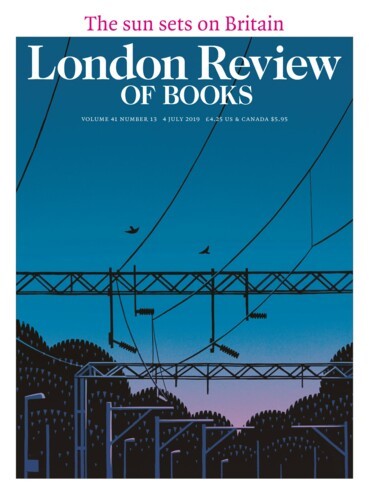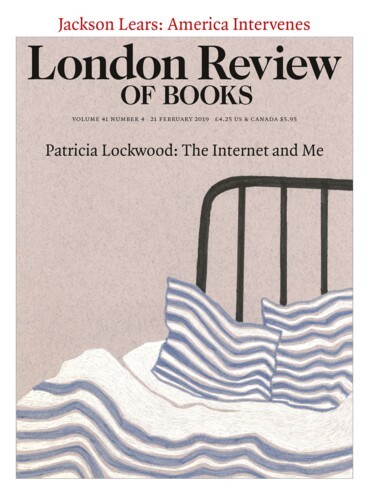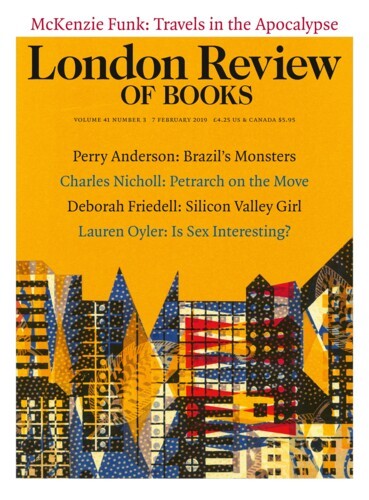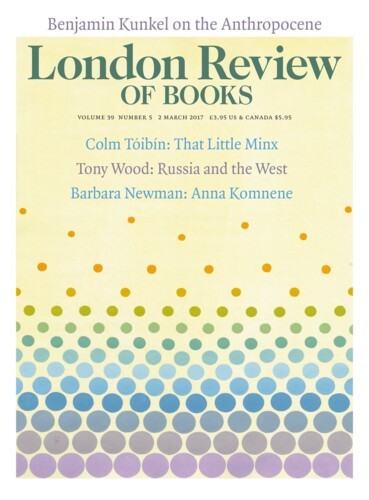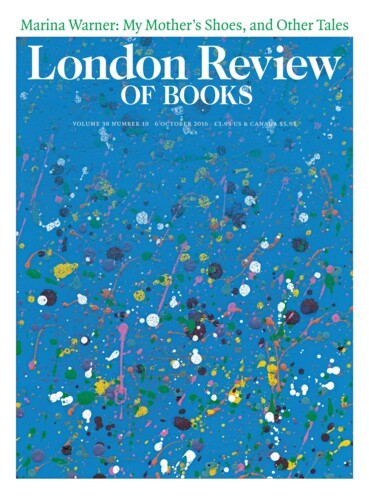Even Hotter, Even Louder: Shining Path
Tony Wood, 4 July 2019
On 26 December 1980, residents of Lima woke to a gruesome, incongruous sight: dead dogs had been strung up from lampposts in the city centre, some bearing pieces of cloth scrawled with the words: ‘Deng Xiaoping, Son of a Bitch.’ It was the work of the Partido Comunista del Perú-Sendero Luminoso. Sendero (or Shining Path, as it’s referred to in English) was an...
